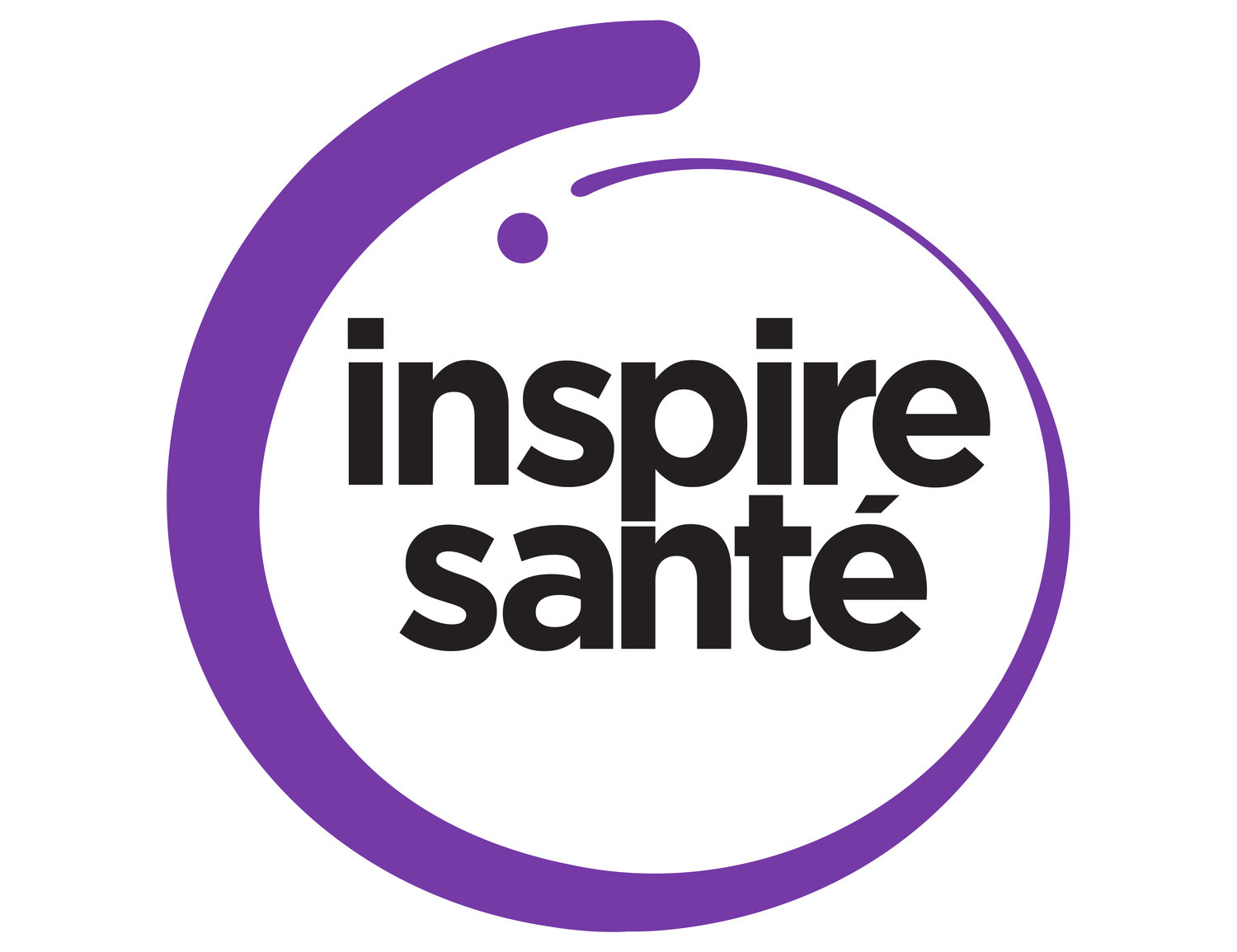Devra Sheldon
/In this week’s Healers + Hope Dealers™ Spotlight, I’m so thrilled to introduce you to Devra Sheldon. Devra is one of my dearest friends and is so passionate about helping those with chronic persistent pain. Learn more about her below, and reach out to her with questions! xx, Erin
Please introduce yourself to our readers. What makes you YOU?
I love brains, art, humor, people and asking questions. And my hair is purple.
“I feel that people experiencing persistent pain are an underserved, disenfranchised and ignored population. As a medical community, we don’t treat these individuals’ suffering well and often don’t treat their humanity.”
Besides the obvious, why did you name your business DevraJoy?
I considered other names, but ultimately, I am my brand. “Joy” is my actual middle name and I thought fitting for working with this population of patients. I believe deeply that tapping into a person’s happiness is imperative for the neuroplastic pathway with chronic pain.
What ignited your passion for pain science? Was it a personal, educational, professional experience -- or something else?
I grew up with a mom who has chronic pain, is an occupational therapist, and has extraordinary self-efficacy. It became clear as I was on my career path that the science was there, but medical community knowledge around it was not. I feel that people experiencing persistent pain are an underserved, disenfranchised and ignored population. As a medical community, we don’t treat these individuals’ suffering well and often don’t treat their humanity. Clinicians can be uncomfortable working with these individuals and as a result use ineffective strategies which can lead patients to believe that they are unhelpable. I’m on a mission to empower clinicians to have the understanding of how to apply the research and empower the patient.
DevraJoy serves providers directly, and you don't treat patients through this work. Why did you feel that providers needed some extra love and these services?
Working with individuals with chronic persistent pain is extremely challenging and nuanced. There are a lot of continuing education courses and research out there that can be overwhelming and confounding. Understanding how to apply the knowledge is difficult even for the brightest clinician. I help make it clear, accessible, and evidence based.
Sometimes, the advice that patients in pain receive from their providers is downright scary. How do you counter this when treating someone with significant chronic pain?
“As a society we must do better, not just because healthcare is a human right, but poorly managed health and limited access leads to an increase in ER visits which directly increase the healthcare cost for everybody. Better access and follow up could change this.”
I gauge what their thoughts are about what they’ve been told first. Some people already think it’s nonsense and others put a lot of value in it. It’s not a very popular opinion right now to articulate that you think another provider is wrong. But I think sometimes a patient needs to hear that sentiment in order to move forward. Particularly if they’ve been denied hope by what they previously heard. And sometimes that message is the result of “failed treatment” and may not have been communicated directly. Understanding of course that what they perceived they heard may not have been what the provider intended. It’s okay to say “I’m not sure what they meant by XYZ, but I don’t share that view.”
Providers sometimes get frustrated with chronic pain patients' so-called non-compliance, no-show rates, or continued use of pain medications. Do you think these frustrations are warranted? What impact do you think they have on these patients?
I think a lot of these things stem from not understanding that it’s not about them and needing to tap into some deeper empathy. You have to meet people where they are. And sometimes that is a process for the clinician as well. It can be challenging to connect with a patient who is so vastly different from yourself. And requiring a clinician to reflect on their interventions, evaluate if they are working for the patient, and not double down on them if they are not. A patient’s continued need for medication or difficulty making it to appointments isn’t a reflection of the clinician, it’s just where the patient is. It’s a clinicians job to continue to find what works for the patient. So, no, I think these frustrations can sometimes be misplaced. I think it is a common experience for those with persistent pain to feel brushed off. I think you can honor the individual throughout the process. I’m not saying patients who can’t make it to their appointments should be kept on the schedule. But I think it can be handled in a way that keeps the door open to promote hope. “I understand that you have a lot on your plate right now. Let’s work on a few strategies for you and then take a break. You can always call me and come back when you’re ready for the next phase”.
What gets you up in the morning?
My children and coffee.
We have readers around the world, and many feel like the healthcare systems remain biased against women, minorities, and the socioeconomically disadvantaged. What do you think?
It is definitely biased against those populations. There is substantial evidence that says so and I have personal experience that further validates this for me as well. I have particular experience with lower income, minority populations. The hoops they have to jump through for care is alarming. They have limited options and to be quite frank they don’t know that this isn’t the way it is for everybody. When insurance continues to deny care, they eventually give up. Dedicated healthcare practitioners have to be relentless advocates for this population. This requires time and staff - something facilities that serve these populations don’t tend to have in surplus. As a society we must do better, not just because healthcare is a human right, but poorly managed health and limited access leads to an increase in ER visits which directly increase the healthcare cost for everybody. Better access and follow up could change this.
Where to find + reach Devra:
Website: Devrajoy.com (where you can join her mentoring program, sign up for her newsletter, and read her blogs)
Twitter: @devrajoyPT
Facebook: https://www.facebook.com/groups/devrajoyPT/
Email: devra@devrajoy.com






